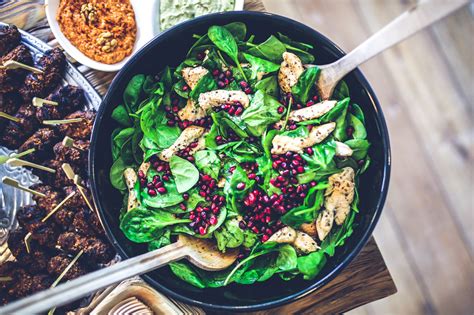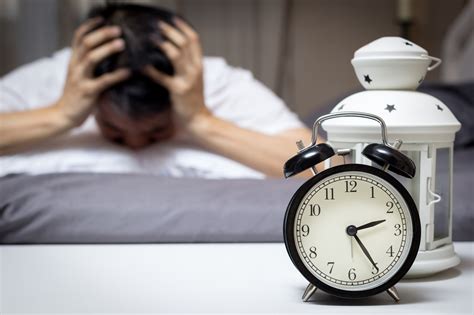How can men optimize natural testosterone for peak energy & performance?

Testosterone is the primary male sex hormone, crucial not just for libido and muscle mass, but also for mood, energy levels, bone density, and overall vitality. As men age, testosterone levels naturally decline, but various lifestyle factors can accelerate this process or, conversely, help maintain optimal levels. The good news is that men can significantly influence their testosterone production through natural, evidence-backed strategies.
Understanding Testosterone’s Role
Often associated purely with masculinity, testosterone plays a far broader role in a man’s health. Optimal levels contribute to lean muscle mass, healthy body fat distribution, red blood cell production, and a strong sense of well-being. When levels are suboptimal, men may experience fatigue, decreased libido, difficulty concentrating, increased body fat, and reduced physical performance.

Nutrition: Fueling Your Hormones
Your diet is a powerful lever for hormone optimization. A balanced intake of macronutrients and micronutrients is essential:
- Healthy Fats: Cholesterol is a precursor to testosterone. Incorporate healthy fats from sources like avocados, nuts, seeds, olive oil, and fatty fish (salmon, mackerel). Avoid excessive trans fats and processed vegetable oils.
- Protein: Adequate protein intake supports muscle maintenance and growth, which in turn can positively influence hormone balance. Aim for lean sources like chicken, turkey, beef, eggs, and legumes.
- Complex Carbohydrates: These provide energy for workouts and help regulate cortisol (stress hormone), which can suppress testosterone. Choose whole grains, fruits, and vegetables.
- Micronutrients: Zinc, Vitamin D, and Magnesium are particularly vital. Zinc is involved in testosterone synthesis, Vitamin D acts as a steroid hormone and is strongly linked to T-levels, and Magnesium can improve free testosterone by reducing its binding to sex hormone-binding globulin (SHBG).

Exercise: The T-Boosting Workout
Regular physical activity, especially specific types, can significantly boost natural testosterone:
- Strength Training: Lifting heavy weights with compound movements (squats, deadlifts, bench presses, rows) stimulates a robust hormonal response. Focus on progressive overload.
- High-Intensity Interval Training (HIIT): Short bursts of intense exercise followed by brief recovery periods have been shown to elevate testosterone levels, particularly in younger men.
- Avoid Overtraining: While exercise is beneficial, excessive or prolonged endurance training without adequate recovery can increase cortisol and negatively impact testosterone.

Prioritize Sleep and Manage Stress
These two often-overlooked factors are critical for hormone regulation:
- Quality Sleep: Most testosterone production occurs during sleep. Aim for 7-9 hours of high-quality sleep per night. Poor sleep significantly lowers T-levels, sometimes by as much as 10-15% in a single week.
- Stress Management: Chronic stress elevates cortisol levels. High cortisol directly suppresses testosterone production. Incorporate stress-reducing practices like meditation, deep breathing, yoga, or spending time in nature.

Lifestyle Choices and Smart Supplementation
- Limit Alcohol: Excessive alcohol consumption can impair testosterone production and increase its conversion to estrogen.
- Maintain a Healthy Weight: Obesity, particularly abdominal fat, can increase estrogen levels and lower testosterone.
- Avoid Endocrine Disruptors: Be mindful of plastics (BPA, phthalates), pesticides, and certain personal care products that can mimic estrogen and disrupt hormone balance.
- Targeted Supplements: While a whole-food diet is primary, certain supplements can support T-levels. As mentioned, Vitamin D, Zinc, and Magnesium are key. Others like Ashwagandha (for stress reduction), Fenugreek, and D-Aspartic Acid have shown some promise in studies, but always consult a healthcare professional before starting any new supplement regimen.

Conclusion: A Holistic Approach to Male Vitality
Optimizing natural testosterone isn’t about a quick fix; it’s about adopting a holistic lifestyle. By consistently focusing on a nutrient-dense diet, effective exercise, sufficient sleep, stress reduction, and healthy lifestyle choices, men can significantly boost their natural testosterone levels. This integrated approach not only enhances energy and physical performance but also contributes to improved mood, cognitive function, and overall long-term health and vitality.









